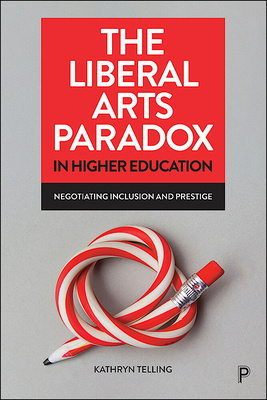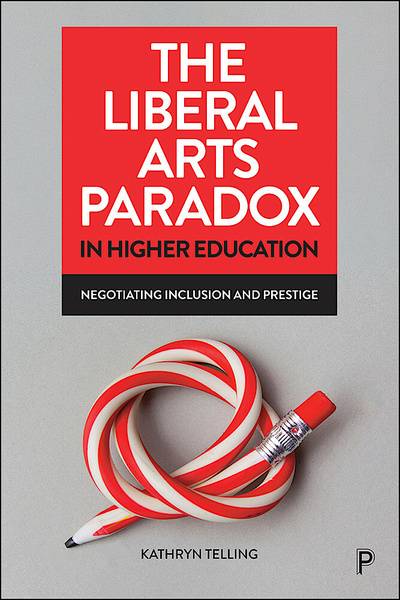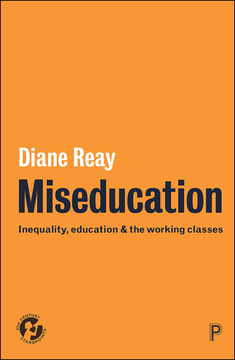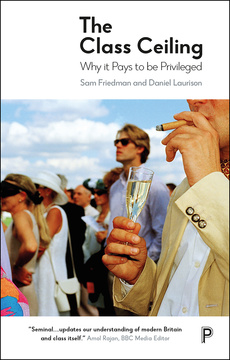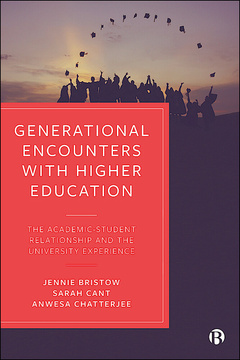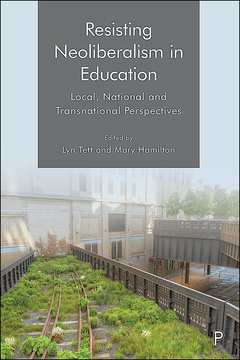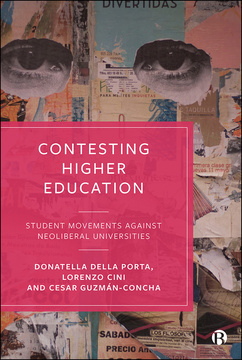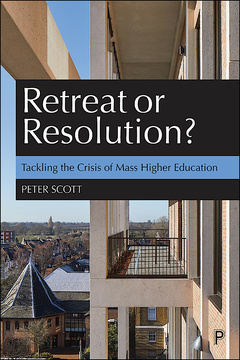Published
Apr 28, 2023Page count
168 pagesISBN
978-1447359470Dimensions
234 x 156 mmImprint
Policy PressPublished
Apr 28, 2023Page count
168 pagesISBN
978-1447359487Imprint
Policy PressPublished
Apr 28, 2023Page count
168 pagesISBN
978-1447359487Imprint
Policy PressIn the media:
The Liberal Arts Paradox in Higher Education in New Books Network
The liberal arts approach to higher education is a growing trend globally. We are told that the mental dexterity and independent, questioning spirit cultivated by such interdisciplinary degrees are the best preparation for the as-yet unknown executive jobs of tomorrow.
This book explores the significant recent growth of these degrees in England in order to address an enduring problem for higher education: the relationship between meritocracy and elitism.
Against the view that the former is a myth providing rhetorical cover for the latter, it argues that these are two entangled, but discrete, value systems. Sociology must now pay attention to how students and academics attempt to disentangle them.
“A fascinating account of liberal arts, seen simultaneously as a foundational characteristic of the English model of the university and marginalised but innovative. Through this lens, Telling examines wider but often swerved issues of meritocracy and elitism.” Peter Scott, UCL Institute of Education and Academia Europaea
“This book takes a knotty issue and disentangles it patiently and entertainingly. What emerges is more than a history of liberal arts degrees in England; it’s an invitation to see higher education through a new lens.” Steven Jones, University of Manchester
Kathryn Telling is Lecturer in Education at The University of Manchester.
Introduction
1. Trailblazing Traditionalists: Imagining the Liberal Arts in Time
2. Discipline and its Discontents: Multi, Inter or Transdisciplinarity?
3. Distinctly Indistinct: Generic Skills and the Unique Student
4. Jobs for the Generalist: Non-Vocational Degrees and Employability
5. Identity and the ‘Ideal’ Student: Citizens, Cosmopolitans, Consumers?
6. Meritocracy and Mass Higher Education: Character, Ease and Educational Intimacy
Conclusion







